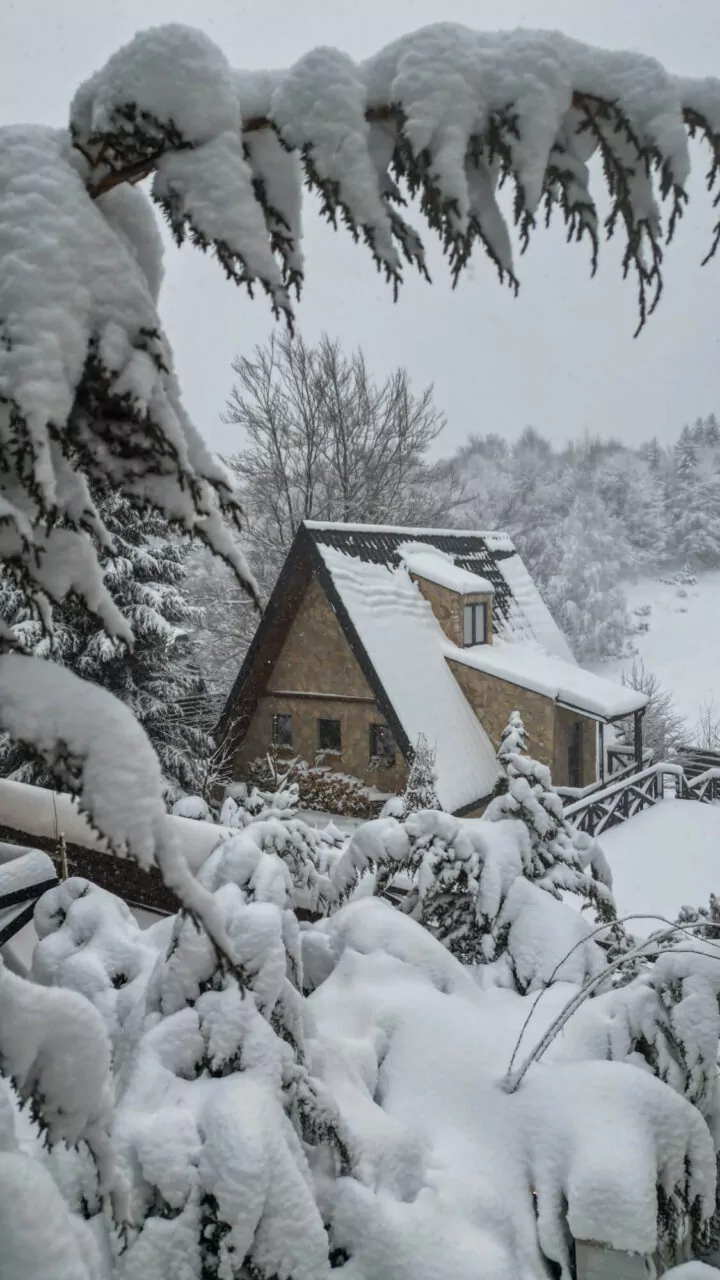
Be direct with us
Get the best rate for all direct reservations on our website.
*Promotion does not apply to other offers.
Get the latest news & offers
Be the first to get discounts and read all the latest news.

Meteorologists across Europe forecast that the upcoming winter (2025/2026) may be the coldest in decades, potentially echoing the legendary winters of the 1980s. This is attributed to an exceptionally weakened polar vortex and the influence of the La Niña climate phase, both creating optimal conditions for frequent outbreaks of freezing Arctic air and heavy snow—affecting not just central and northern Europe but the entire Balkan region as well.
International weather platforms such as Severe Weather Europe, Watchers News, and Snow-Forecast.com highlight extremely rare polar vortex disruptions and atmospheric anomalies this season. Climate models suggest that more intense and longer-lasting cold spells could arrive as early as November, with snow depth and frequency predicted to significantly exceed those of previous years. Some forecasts even compare the expected conditions to the legendary winter of 1981/82, when much of Europe—including the Balkans—experienced persistent freezing temperatures and heavy snowdrifts.
On the Balkans, renowned meteorologists expect repeated cold surges from Russia and northern Europe, creating snow and icy conditions both in mountain regions and lowlands. According to Professor Aleksandar Valjarević, mountain temperatures could drop to -20°C, while urban areas might see morning lows between -10°C and -12°C.
